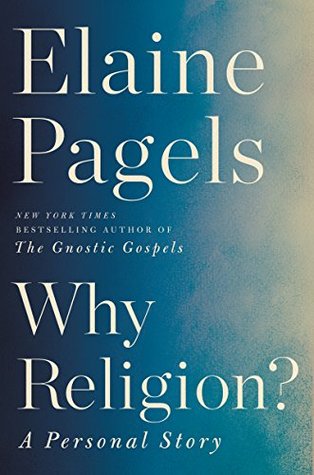More on this book
Community
Kindle Notes & Highlights
various people had spun the figure of Satan out of their own conflict and pain.
People who interpret human conflict in terms of good against evil, God against Satan, obviously find it much easier to kill those they identify as evil—even to insist that killing them is morally necessary.
simplistic scenarios of good against evil encourage people to interpret conflict as nonnegotiable.
still wanted to believe that we live in a morally ordered universe, in which someone, or something—God or nature?—would keep track of what’s fair.
we use stories to “think with,” we also use them to “feel with”—that is, to find words for what otherwise we could not say.
“use” of such poetic and mysterious words is precisely that we may discover our own experience in them.
From the first to the mid-fourth century, before various creeds were increasingly formalized, many Christian monks were open to exploring other traditions along with their own, just as monastics today often include in their libraries writings that range from the works of Moses Maimonides to the Buddhist sutras; apparently they were less concerned with what to believe than with deepening their spiritual practice.
receive consolation from the divine presence he now envisioned as the original trinity: heavenly Father, Son, and heavenly Mother, the Holy Spirit.
Religious fervor often veers so close to madness that some psychiatrists suspect that every religious emotion masks some kind of delusion.
why not look elsewhere and abandon Christianity? I’d done that, and might never have returned for a deeper look had it not been for the secret gospels.


